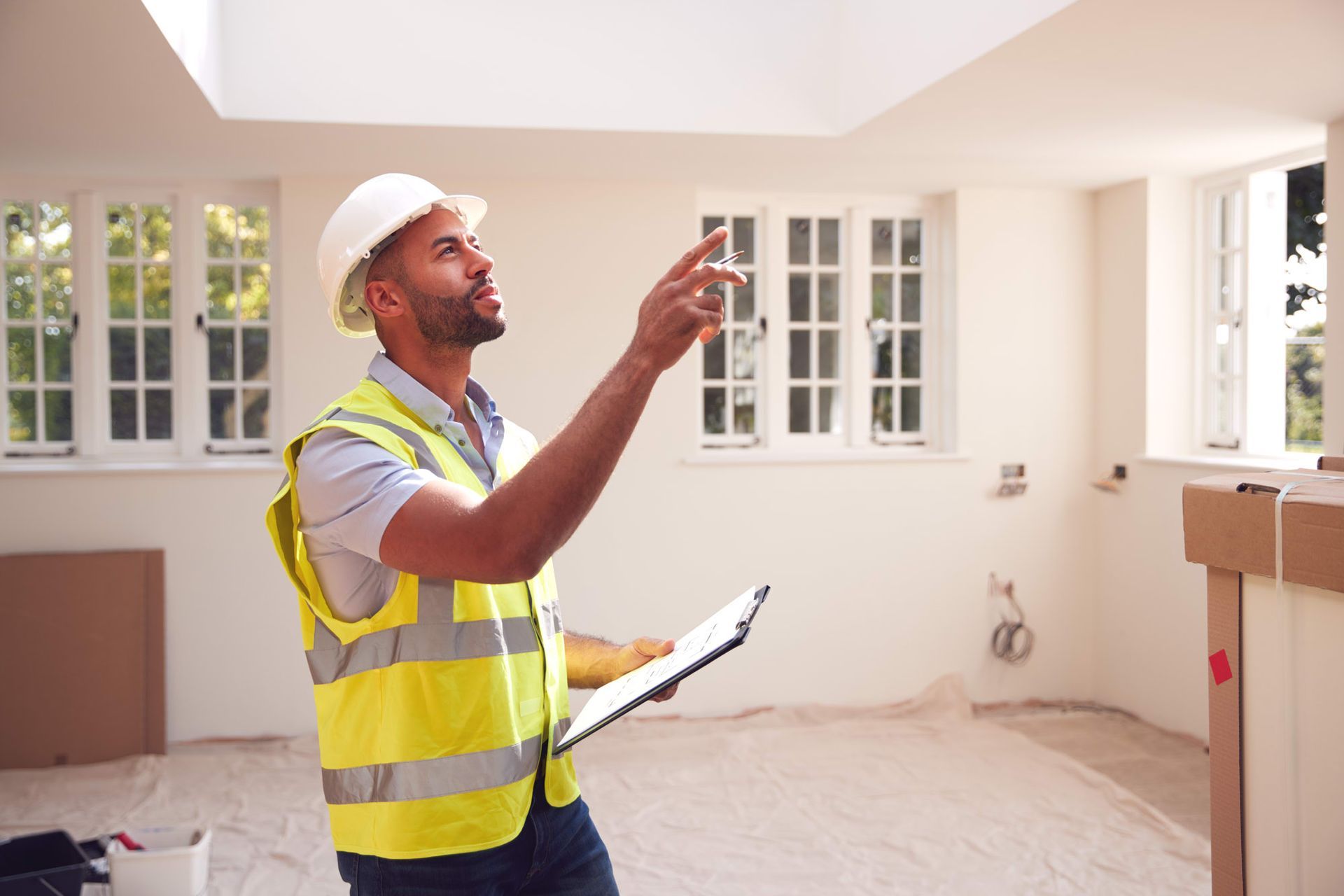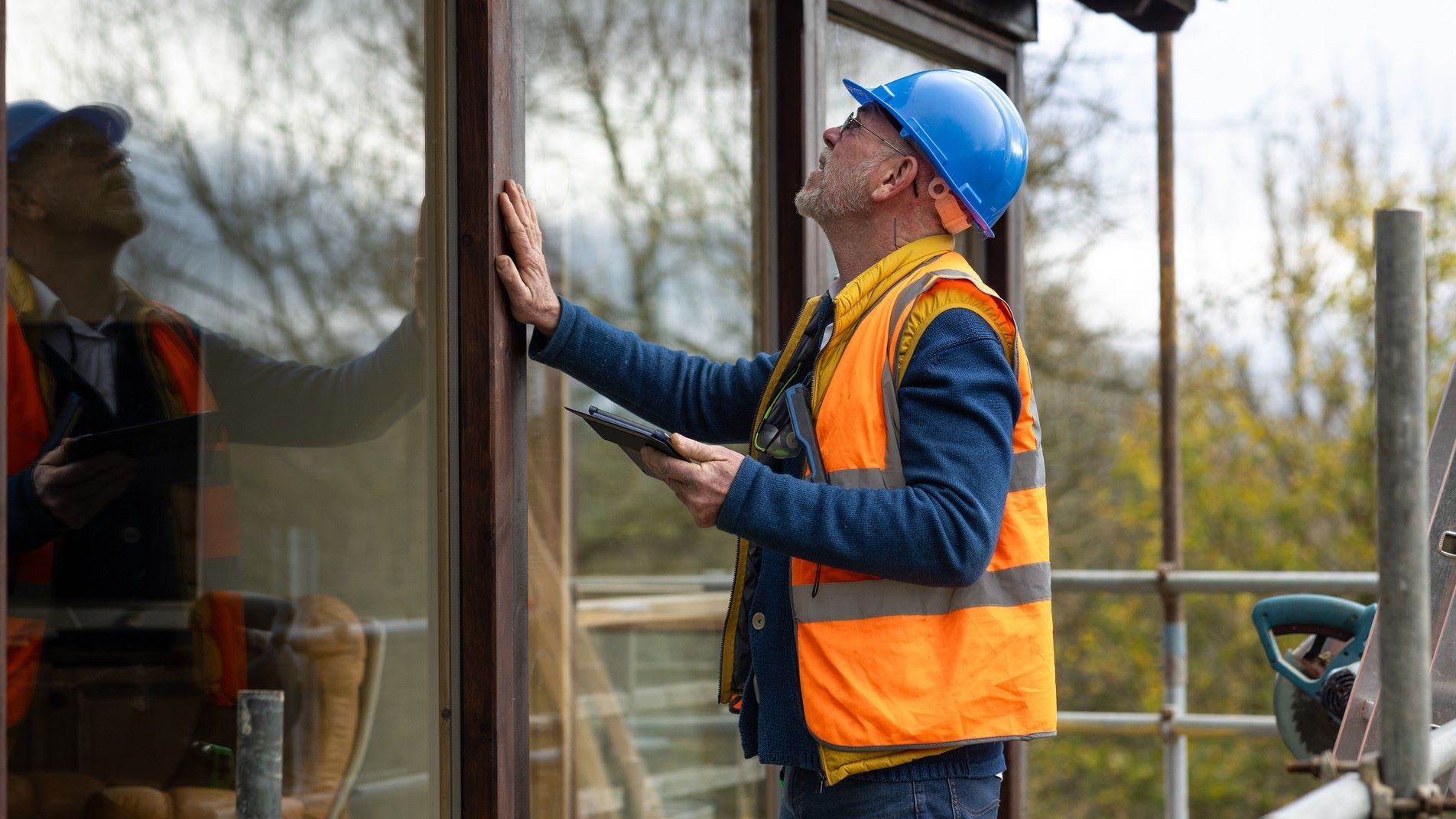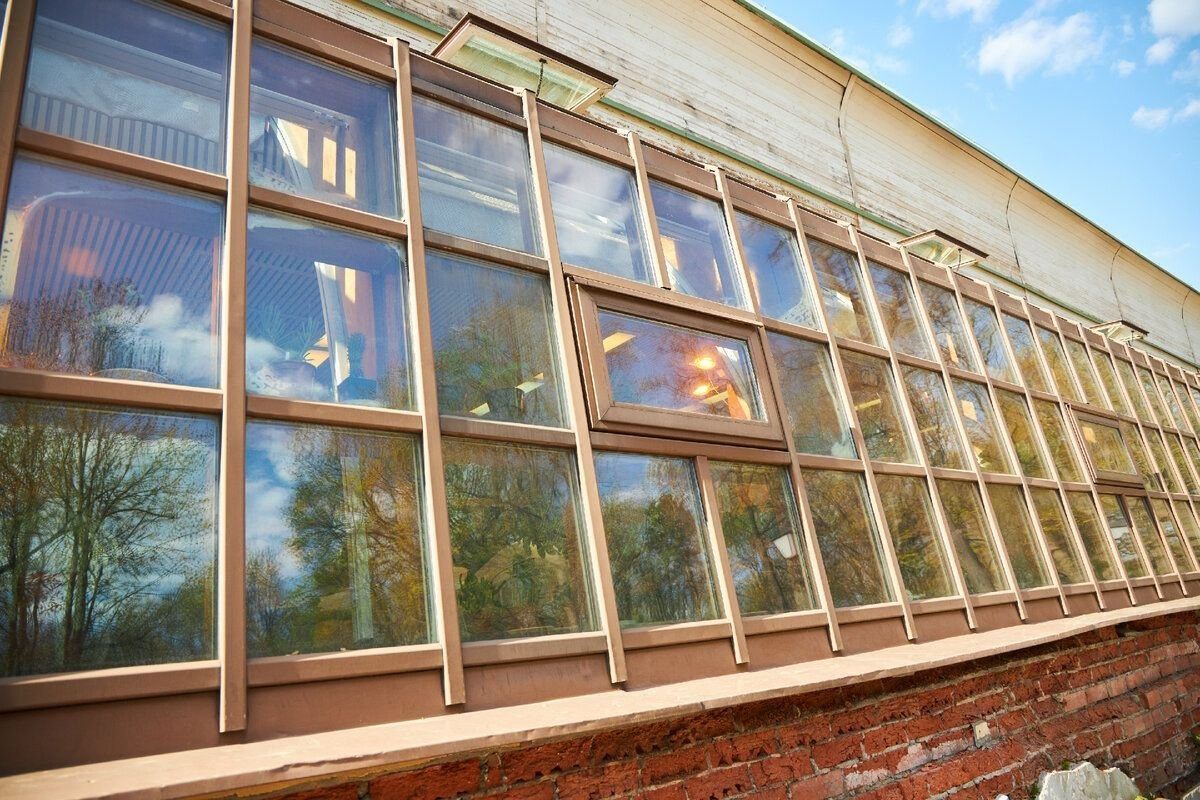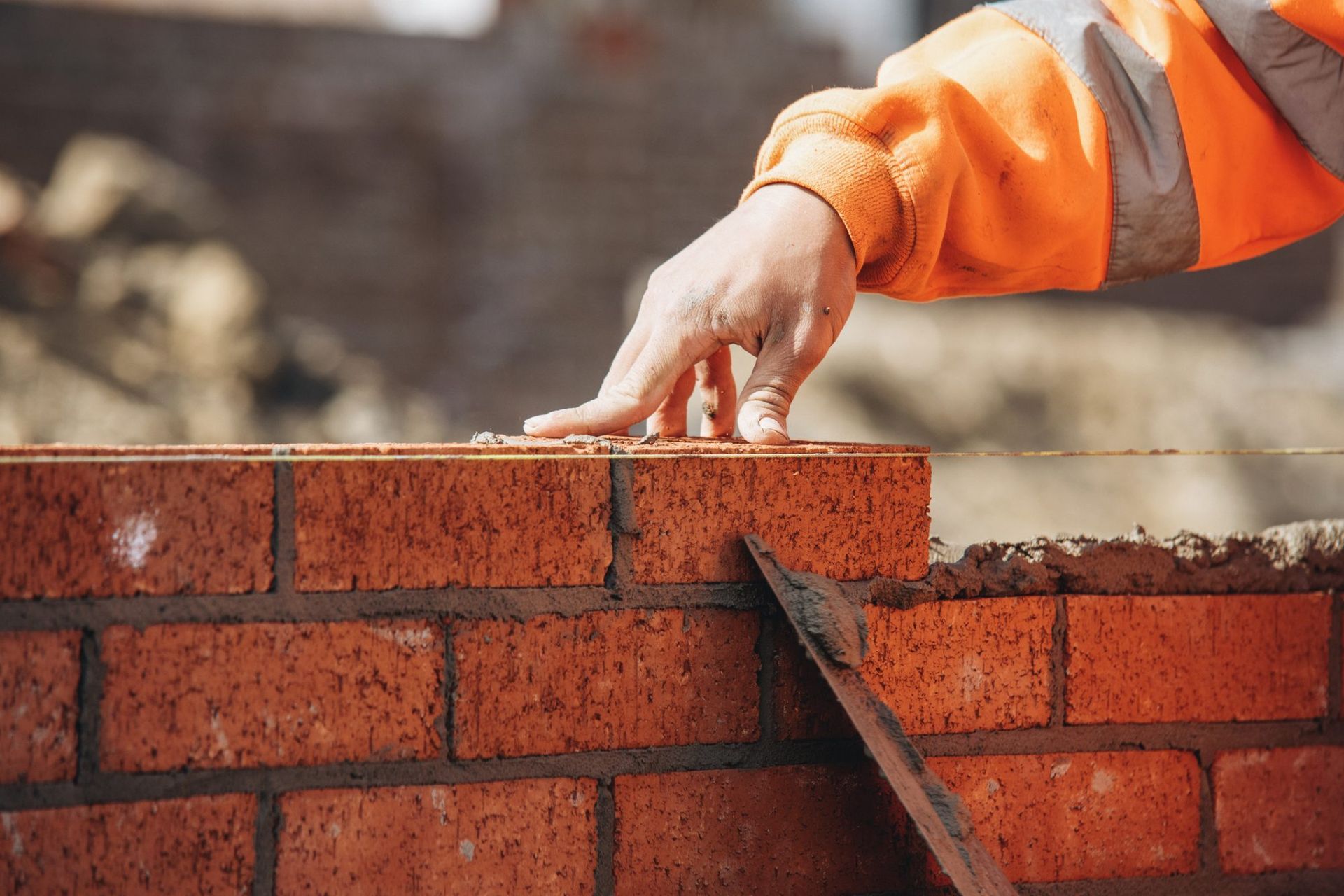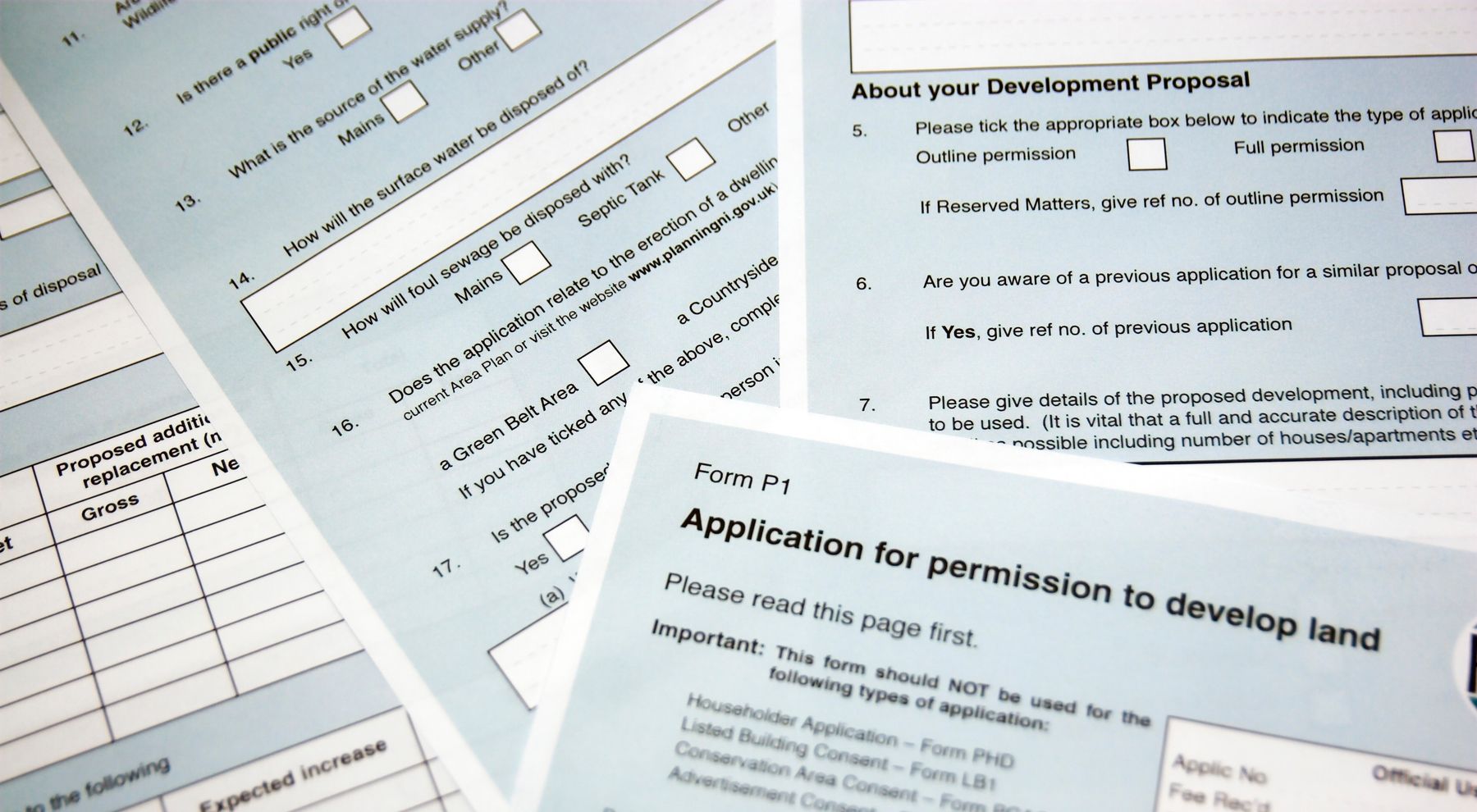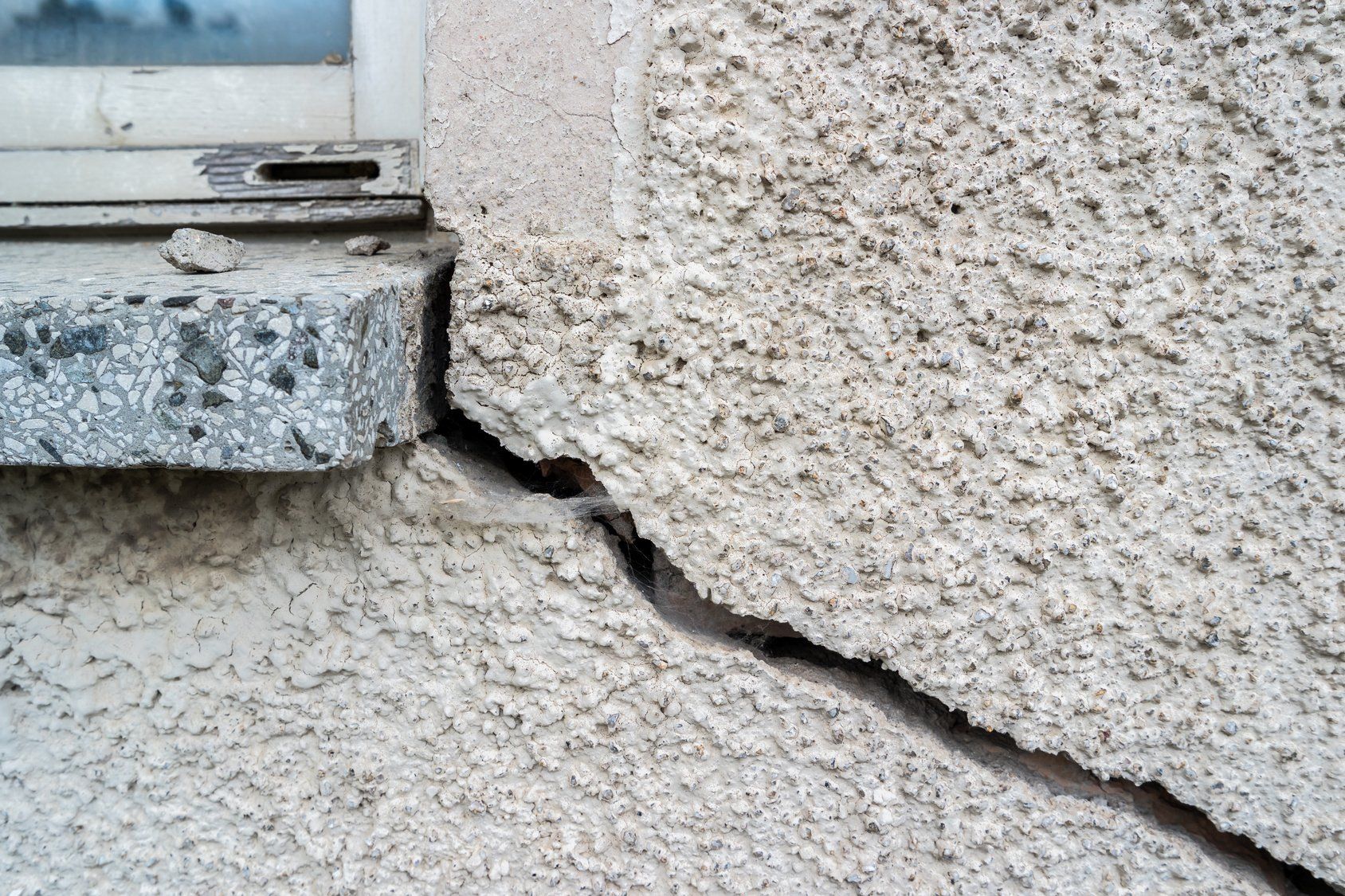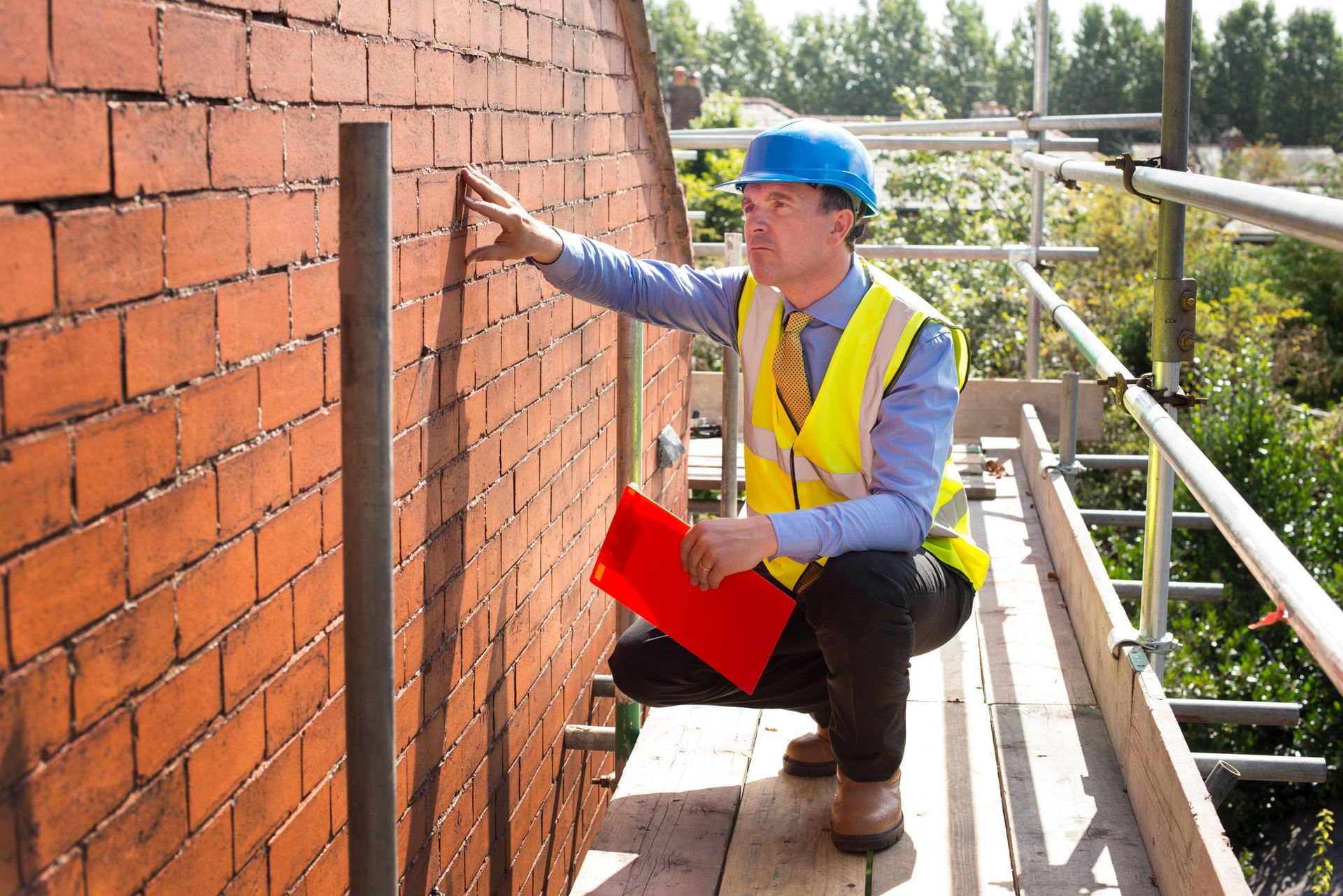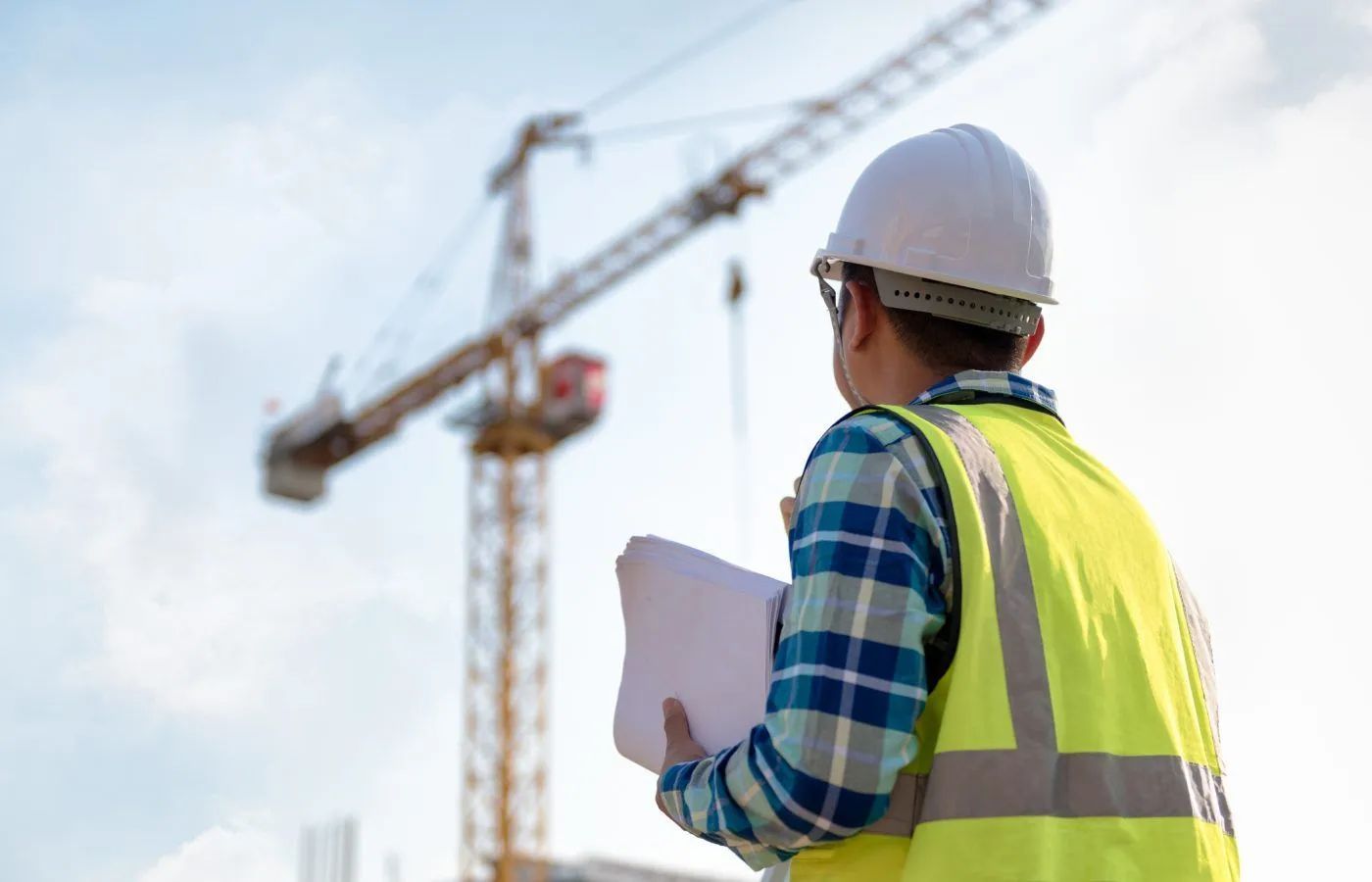Nine Common Issues To Keep an Eye Out For On Your House Survey
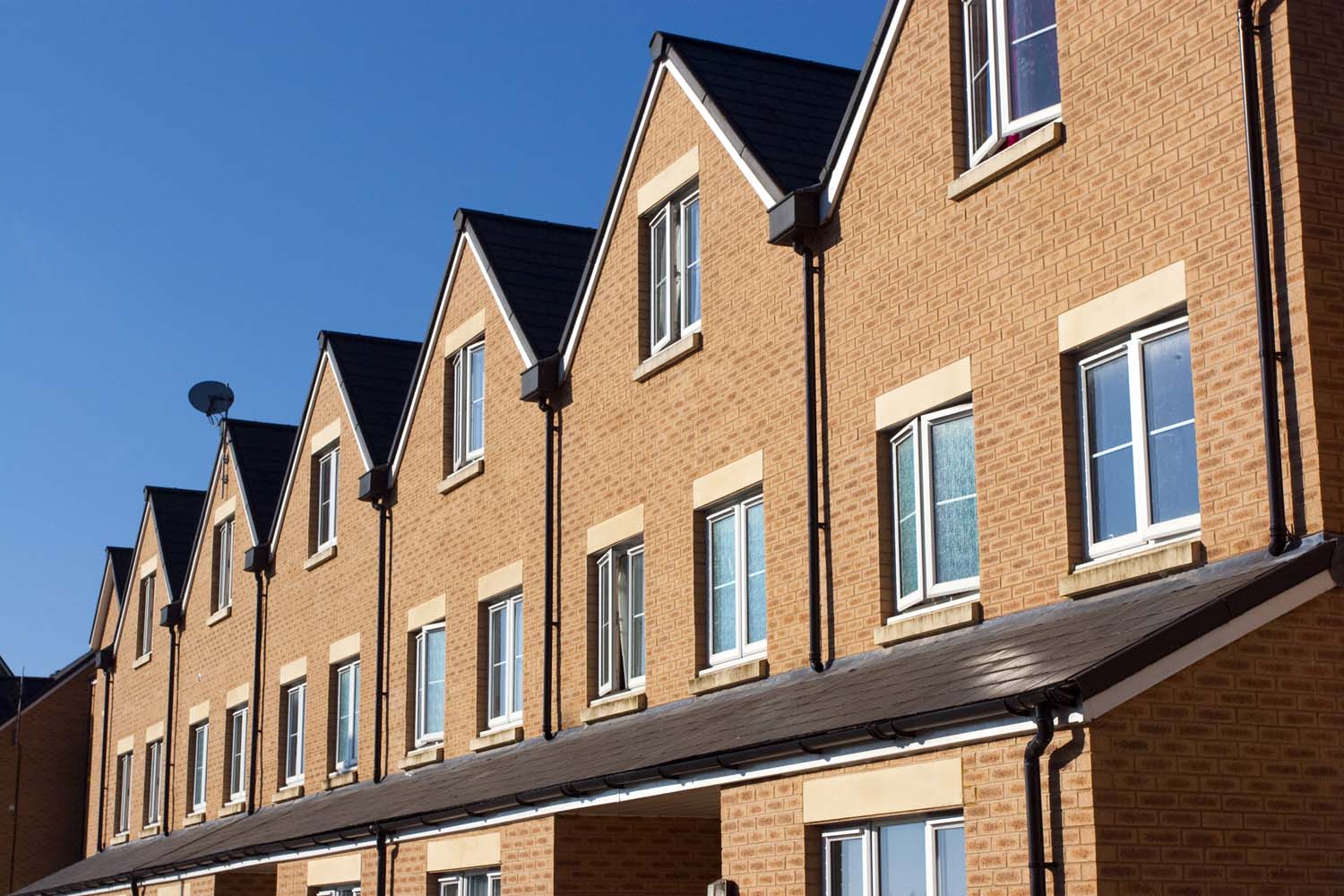
When buying a property, there are several important steps which must take place to ensure the home you are buying is fit for purpose. One of the most important processes is having a house survey performed. But what do you need to keep your eye on when you get the results back? Here, we take a detailed look at some of the common issues you can expect to see on your house survey and what to do about them.
What is a House Survey ?
A house survey is an examination of a property which is designed to spot various flaws and issues with a home before a purchase takes place. Carried out by structural surveyors, these surveys ensure that a property is fit to be bought and highlights any problems that the buyer should be aware of. There are three main types of surveys that are performed to spot flaws and issues.
A condition report is the most basic survey and spots whether a home has any urgent structural or legal issues that the buyer should be aware of. A homebuyers report will test the same things as well as provide advice on suggested repair and maintenance work and the market valuation. The most thorough survey is a building survey which provides a more in-depth identification of the home’s condition and all of the required repair works.
When spending hundreds of thousands of pounds on a home, you must understand precisely what you are buying, which is why a house survey is always suggested for homebuyers. Below, we take a look at just some of the issues that might come up on your report.
Damp is, unsurprisingly, one of the most common issues when it comes to surveying a property. Water can quite easily make its way through a home - via the roof, the walls, the floors or due to a flood. If damp is allowed to work its way through a home, it can cause rot which can damage the structure of a property.
If you’ve had a house survey come back detailing signs of damp, it’s well worth getting in touch with a damp specialist. They will be best-placed to analyse the full extent of the damage and provide advice on the necessary repairs.
Roofing issues are another common structural problem with homes. Exposed to nature, the wind, the rain and storms, roofs take the brunt of the damage on the exterior of a property. You might just have a couple of cracked tiles that need replacing, guttering that is blocked or more severe issues which require urgent attention.
If any unsettling signs of serious roofing issues arise in your survey, it’s vital to seek professional services from a roofing contractor. Anything more than a few cracked tiles should be looked into more thoroughly.
When purchasing a property, it’s critical to ensure that the house has adequate test certification for electrical appliances. Electrics should be tested once every decade in a home. The survey will check this and could highlight small issues or larger problems which may require a complete rewiring of the property. If the issues highlighted are urgent, you will probably have to get an Electrical Installation Condition Report.
Structural movement is an issue that has the potential to be very serious and may require immediate attention. As the name suggests, structural movement describes an issue whereby the physical structure of the home is slipping or moving. The main signs of this are cracks in the walls and other symptoms of structural damage.
In the very worst cases, structural movement can lead to collapsing walls, so it’s certainly not something you want to see in your survey. If your house survey does come up with evidence of structural movement, you’ll need to call in the experts right away. The costs for severe repair works can be astronomical and could even impact your decision to buy the house in the first place. Once you have a second expert opinion, you’ll know the best way to move forward.
Cavity wall ties are small pins which bring the two layers of a cavity wall together and ensure the structural stability of a home. Without them in place, the structure of a property can be in jeopardy. The vast majority of buildings since the 1920s feature cavity walls and, therefore, wall ties. However, before 1978, all wall ties were made from galvanised mild steel. It was thought that these would last for life, however, it’s since been noticed that they tend to corrode after about two decades. So, if you are buying a house which was built before 1978 and your survey returns with wall issues, it may well be down to these ties. Getting an expert in to take a look can save you plenty of time, energy and stress.
If you see the words: Japanese Knotweed in your survey, you should take serious note. These plants can slowly destabilise the structure of a property. However, even more, worrying than that, they are incredibly hard to get rid of. This type of invasive plant is so notoriously difficult to get rid of that some mortgage providers won’t even give you your mortgage if its present on a survey. If you find this, you’ll need to contact specialists and ensure that the weed is completely removed before buying. Otherwise, you could be in serious trouble later on down the road.
The drainage in your property is critical for the safety and structural integrity of your home. If you have faulty drain pipes, water can collect and cause damp and rotting. A survey should include details about the quality of the drainage in your home. If the house survey comes back with information detailing faulty drains, you should have a specialist drainage company take a look to ascertain whether you require immediate action. If you do, it’s important to have this completed or investigated further before buying.
House surveys also look at the quality and condition of your windows. Windows play an important role in the insulation of your home. Your survey may come back suggesting that your windows need updating or replacing. Especially if your windows are made of wood or are old, they may require some attention before buying. If the windows of the property are ill-fitting or won’t close properly, this could be a symptom of structural movement or other, more serious issues.
Finally, your house survey should provide some information on the quality of your insulation and whether you require work to be completed in this area of the property. All homes should have adequate insulation installed to reduce heating bills and protect the environment. Most homes will come with an Energy Performance Certificate which provides information on the quality of thermal performance of the home. Your house survey may come back with details of missing areas of insulation. If so, seek further details so that restorative action can take place.
For a Professional House Survey in Borehamwood, Watford and Greater London, Look No Further Than Simon Levy
Here at Simon Levy, we’re expert structural engineers who can provide you with a house survey when you require one in Greater London. As professionals with years of experience, we have worked with countless clients and provide a range of services. From providing a house survey for clients to services for party wall disputes, planning matters, witnesses and much more, we can help you with whatever your requirements are.
Established in 1986, we’ve become one of the most well-renowned chartered surveyor companies in the area. We are spearheaded by Simon Levy who is a published expert surveyor, whose knowledge and experience trickles down through every facet of the organisation. If you need experts for your commercial, domestic or industrial construction project in Greater London, look no further and get in touch today.
To find out more about our services, please feel free to contact us today. You can find us at Link House, 49 Theobald Street, Borehamwood, Hertfordshire, WD6 4RT. Alternatively, call us on 0208 207 6100 or email us at info@simonlevy.net.

